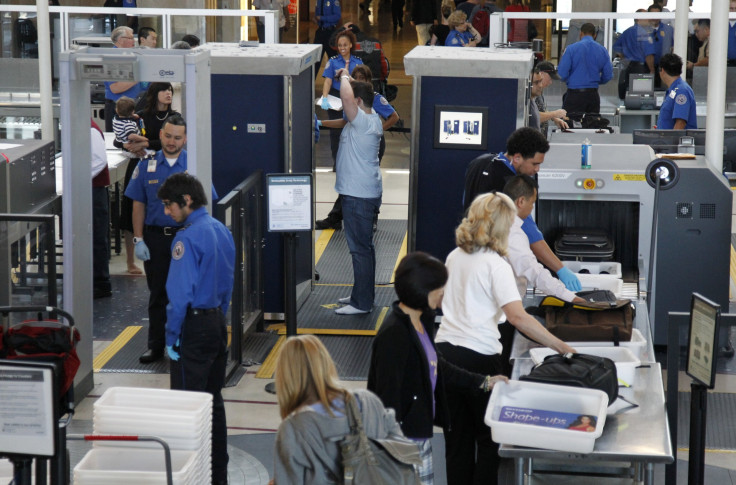TSA Security Fee Hike Goes Into Effect

Air travel just got a little pricier. The Transportation Security Administration’s Sept. 11 Security Fee, which is tacked on to every air ticket, went up on Monday.
The fee, which first went into effect in 2002, used to be $2.50 for each leg of a flight. There was a $5 cap on each one-way trip, so the most any passenger would pay for a round-trip ticket was $10. But beginning July 21, the fee is increased to $5.60 for each leg of a flight. And there is no cap: If you have a domestic layover of more than four hours or an international layover of more than 12 hours, it’s considered a second leg of the flight and will be charged an additional fee.
A round-trip domestic trip with no layovers would have cost $5 in TSA fees before the increase; now it would cost $11.20. Passengers who take flights with long layovers will pay more.
Congress approved the fee hikes in the amended Bipartisan Budget Act of 2013; the fee hike will generate $16.9 billion in revenue over the next 10 years. But don’t expect the funds to go toward increased security measures. Fee revenue will actually be directed to the U.S. Treasury in order to help pay down the government’s debt.
In a memo issued by the TSA in June, the agency wrote, “The revenue is to be used to offset TSA costs for providing civil aviation security services, after stipulated amounts are applied to reduction of the federal deficit.”
Critics argue that the fee hike is unfair to travelers. Vaughn Jennings, a spokesperson for trade group Airlines for America, told the L.A. Times, “Our government must stop using airlines and their passengers as its own personal ATM whenever it needs more money.”
© Copyright IBTimes 2025. All rights reserved.





















